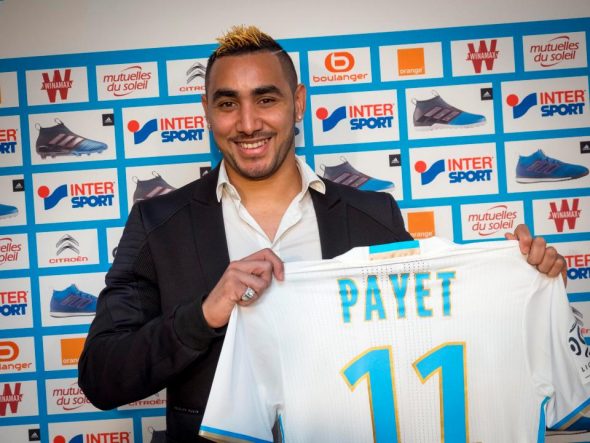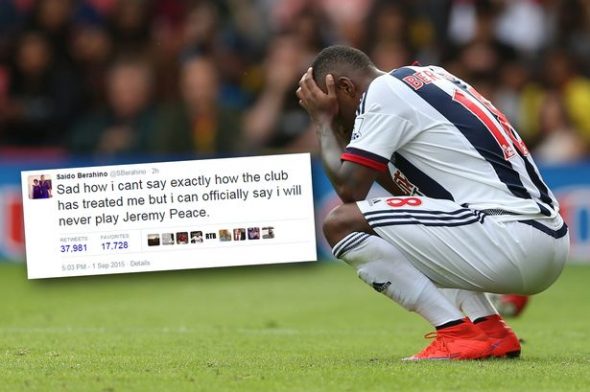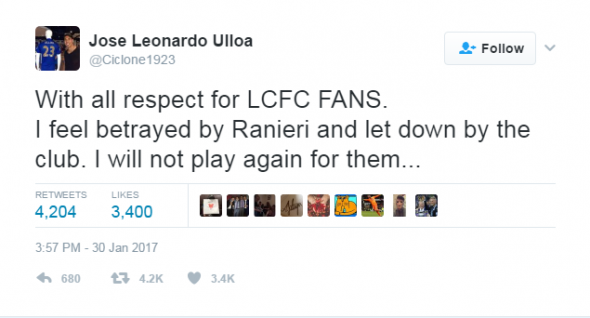What are the factors that promote player Power?
Jean-Marc Bosman wrote his name into football history when he won his personal fight with his club RFC Liege. The European court of justice allowed Bosman to leave his current club at the end of his contract without the club vying for his signature paying a transfer fee. The Bosman rule has proved hugely significant in some of the world’s biggest transfers. Sol Cambell’s controversial move across North London from Tottenham to Arsenal stands out in British football. Robert Lewandowski, Steve McManaman, Michael Ballack, and Edgar Davids are other high profile names who used the Bosman ruling to engineer moves from clubs. But how does the Bosman rule link into player power?
Football is a business, clubs want to make money. If a player the club sees as a valuable asset suddenly decides that they want to run down their contract, the player has the right to leave the club without the club receiving a single penny. So the club could potentially lose their best player for nothing. The player and their agent however benefit hugely. The player’s agent know that the club wanting his player don’t have to cough up a transfer fee, therefore the agent can ask for a huge signing on fee and huge wages to tempt the player to sign. The club vying for the player’s signature still think they are getting a bargain because of the £0 transfer fee. The overall winner is the player (and agent). The world’s top players know that they can always fall back on this ruling because they are so in demand, a player out of contract in League 2, perhaps not!
Through FIFA’s Article 17 rule, players don’t even have to wait until they are out of contract to move. After a protected period of 2-3 years based on the age players can cancel their own contracts, but in return they must pay their club a fee which reflects their original transfer fee and wages. Although not many players use this rule, clubs know that the threat is there, which intern gives the more affluent players at the top clubs a lot of power if they feel that their club is mistreating them or not paying them what they think they are worth.
In modern day football at any level, players are constantly seeing managers come and go. The relationship between manager and player is very short lived. The player knows that he will not get sacked but the likelihood of the manager getting sacked after a bad run of results is likely. This inevitably but wrongly gives the player a psychological advantage over his manager and with the modern day player super sensitive to criticism these days too it doesn’t take long for their frustration , anger and disappointment to spread around the dressing room and into the social media circles. An unhappy talented player not only effects performance levels on the pitch but can also create an unhappy dressing room. In the case of Payet, who decided he want to leave in December, he declared that he wouldn’t play for West Ham and go on strike to help force through a move in the January Transfer window. Communication with his team mates stopped, Chairman David Sullivan revealed he would decide to eat his meals alone rather than with the team. Payet was clearly trying to cause disruption in the camp. Fans wanted rid, the players wanted him to go, and reluctantly the manager decided it was best to sell up. Payet’s plan had worked. West Ham made a healthy profit but in the grand schemes of things they’ve also lost their best player. A transfer forced through because of ‘Player Power’. Payet is not the only footballer to choose this stance. William Gallas stated that if Chelsea picked him for a game he would score an ‘own goal’. Berbatov forced a move through to Man Utd from Tottenham, Carlos Tevez refused to come off the bench for Man City in a Champions League tie away at Bayern Munich. Robbie savage also engineered a move from Birmingham City to Blackburn.
But what can the clubs do?
Fans will have mixed views. Some will say let him rot in the reserves/youth team. But what damage can that cause? An unhappy dressing room, an unmotivated player hanging around the training camp can quickly spread to others. Plus if the player stays contracted to the club, they would be liable to continue to pay the players his wages for no output whatsoever. Shirt sales would stop, the goals and assists of someone like Dimitri Payet would vanish. The financial figures would not make sense, hence why clubs are forced to sell in this instance.
The club could always fine the player for bad behaviour, but this can get messy and legal battles will continue to follow.
The argument’s way in favour of the player from most angles. The only damaging effect this has on the player is their reputation in the football circles. The players are branded disloyal, mercenaries, arrogant and many other un-pleasantries. However good players will always be in demand so do they really care what a few thousand people in a particular part of the country think about them? Probably not.
What we don’t understand from the outside looking in, is the player’s personal feelings and circumstances, it’s important as a reader we balance out our understanding on the matter. Players may want to force through moves for more money – okay well would you do the same? Is there pressures from the family, the partner doesn’t like the city/weather. If the player has children, have they settled?
To summarise, yes player power is prominent in elite football, however it is very rare we’ll see a ‘1 club man’ in this day and age. From a player’s perspective, their only focus is themselves, a career in football is realistically very short, if that means disappointing a few people along the way then so be it. The rules and regulations promote player power, the huge amounts of money in the modern game provide the fuel for the player power. No matter if they are managed by Mourinho, Klopp or even Conte, players still have the upper hand on their manager , their job security is excellent and stronger than ever and I personally can’t see it changing. Expect many more episodes in the dramatic series of player power.














Good post Ryan, you nail your points eloquently. I would add that whilst Bosman was the start, it is possibly just the start of a long road to players being treated like other industry contractors/employees. Why? Well, in most other industries/professions, whether an employee or fulfilling a contract for services, that person can serve notice to resign or terminate the contract, because he/she has a better [*select motivation as appropriate from: monetary offer / recognition / kudos / family environment / weather / quality team mates / medals etc.] Ergo, why should football players be any different? Except for receiving… Read more »